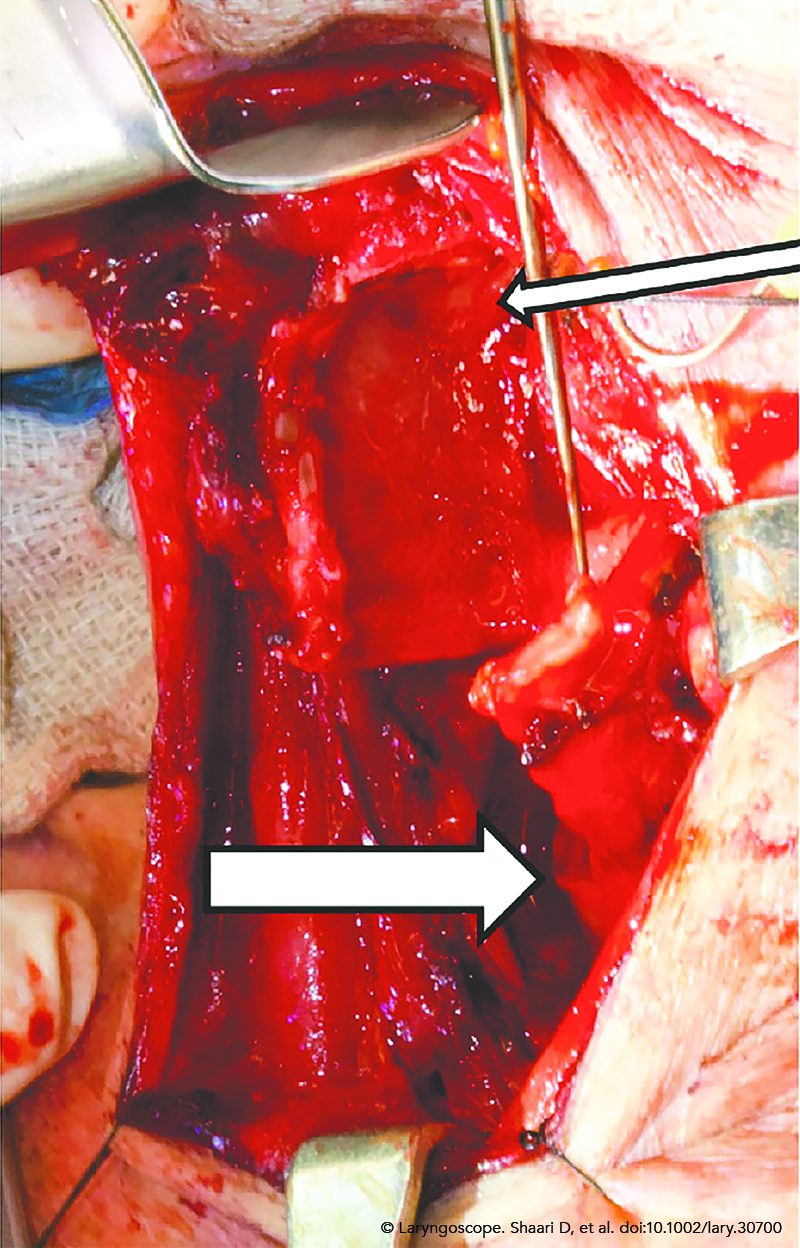The Pediatric Health Information System scorecard provides a valuable framework for identifying key areas for quality improvement and shared data that can be used to compare a hospital’s performance to that of peers.
Single-Staged Vascularized Tracheal Transplantation for Tracheal Defects
Twenty months after the first-in-human tracheal transplantation using a newly developed technique for vascularized single-staged tracheal transplantation, the recipient’s trachea is functional.
How to: Post-COVID-19 Airway Stenosis: Tracheal Resection-Anastomosis Using The Tritube Ventilation
Up to 12% of all COVID-19 patients may need intensive care unit admission for severe interstitial pneumonia, with possible long-term endotracheal intubation for mechanical ventilation, but prolonged endotracheal intubation can lead to mucosal injury and inflammation, granulation tissue formation, perichondritis, and subsequent stenotic scar tissue development.

Analyzing the Latest Gender-Affirming Care Restrictions in State Laws
At the time of this writing, the Tennessee state government had made headlines across the world that healthcare providers should pay attention to not only for ethical considerations, but also for professional ones.

COSM 2023 Sessions: A Review of Otolaryngology Topics
In April 2023, we listed a variety of topics at the 2023 Combined Otolaryngology Spring Meetings (COSM) in Boston that had piqued the interest of ENTtoday’s physician editor Robin W. Lindsay, MD. This time, we’ve taken a closer look and highlighted some of the topics chosen.

Prophylactic Antibiotics Should Be Used Conservatively in Setting Mandibular Fractures
The current literature, including meta-analyses and systematic reviews incorporating data from 54 separate studies, suggests that prophylactic antibiotics be used conservatively in the setting of mandibular trauma.

The Role of Pulmonary Function Testing Prior to Partial Laryngeal Surgery
Laryngeal conservation surgery includes open and endoscopic approaches that address select malignant laryngeal lesions to achieve local control while preserving function.
Multi-Time Point Salivary Pepsin Test as a First-Line Diagnosis of Laryngopharyngeal Reflux
Multi-Time Point Salivary Pepsin Test is a good diagnostic method for laryngopharyngeal reflux and is expected to replace HEMII-pH as the first-line diagnostic method.

What Is the Role of Laryngeal Reinnervation Surgery for Adults with Unilateral Vocal Fold Paralysis?
The primary advantage of laryngeal reinnervation is prevention of denervation atrophy, which limits the long-term voice outcomes of static procedures. Recovery or maintenance of muscle tone is expected to lead to more symmetric vibratory masses, symmetric mucosal wave propagation, and improved voice quality.

How to: Sternocleidomastoid Flap Augmentation of Tracheal Repair After Resection for Invasive Thyroid Cancer
Novel sternocleidomastoid flap augmentation of tracheal reconstructive technique for invasive thyroid cancer is designed to incorporate the sternocleido-mastoid muscle flap directly over the tracheal suture line to minimize the risk of anastomotic complications.
- « Previous Page
- 1
- 2
- 3
- 4
- 5
- 6
- …
- 33
- Next Page »